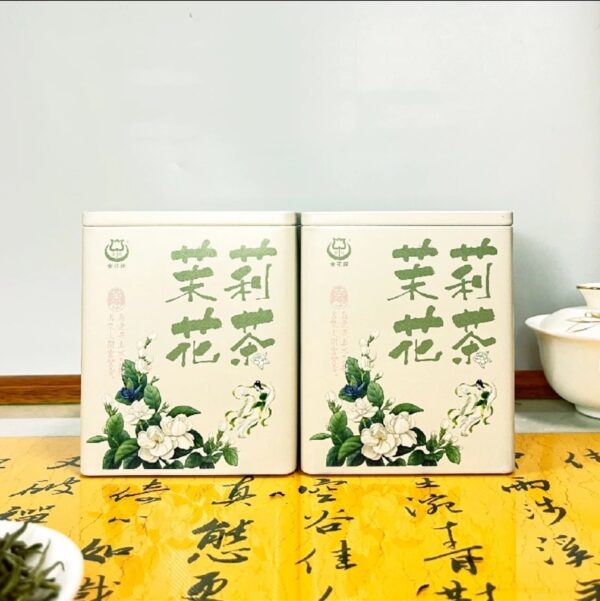
# Jasmine Tea: A Fragrant and Refreshing Beverage
The Allure of Jasmine Tea
Jasmine tea, with its delicate floral aroma and smooth taste, has captivated tea enthusiasts for centuries. This fragrant beverage combines the health benefits of tea leaves with the intoxicating scent of jasmine blossoms, creating a truly unique drinking experience.
A Brief History
The art of scenting tea with jasmine flowers originated in China’s Fujian province during the Song Dynasty (960-1279 AD). Traditionally, jasmine tea was reserved for royalty and the elite due to the labor-intensive production process. Today, it remains one of China’s most famous scented teas and has gained popularity worldwide.
Production Process
Creating high-quality jasmine tea requires meticulous attention to detail:
- Tea leaves (typically green or white) are harvested in spring
- Jasmine flowers are picked at night when their fragrance is strongest
- The flowers are layered with tea leaves to allow natural scenting
- This process may be repeated multiple times for premium grades
Health Benefits
Beyond its delightful taste, jasmine tea offers numerous health advantages:
Antioxidant Properties
The combination of tea polyphenols and jasmine compounds creates a powerful antioxidant blend that may help combat free radicals.
Stress Relief
The soothing aroma of jasmine has been shown to promote relaxation and reduce anxiety levels.
Digestive Aid
Jasmine tea can help stimulate digestion and may relieve stomach discomfort after meals.
Brewing the Perfect Cup
Keyword: jasmine tea
To fully appreciate jasmine tea’s complexity:
- Use fresh, filtered water heated to 175-185°F (80-85°C)
- Steep 1 teaspoon of leaves per 8 oz cup for 2-3 minutes
- Enjoy plain to appreciate the natural flavors
- Multiple infusions often reveal different flavor profiles
Varieties to Explore
Jasmine tea comes in several delightful forms:
| Type | Description |
|---|---|
| Jasmine Pearl | Hand-rolled tea leaves that unfurl during brewing |
| Jasmine Silver Needle | Made with premium white tea buds |
| Jasmine Green | The most common variety using green tea base |
Cultural Significance
In Chinese culture, jasmine tea symbolizes purity and grace. It’s often served during important occasions and used in traditional tea ceremonies. The tea’s association with hospitality makes it a common offering to guests.
Whether you’re a tea connoisseur or simply looking for a refreshing alternative to ordinary beverages, jasmine tea offers a sensory journey that delights both the palate and the soul.